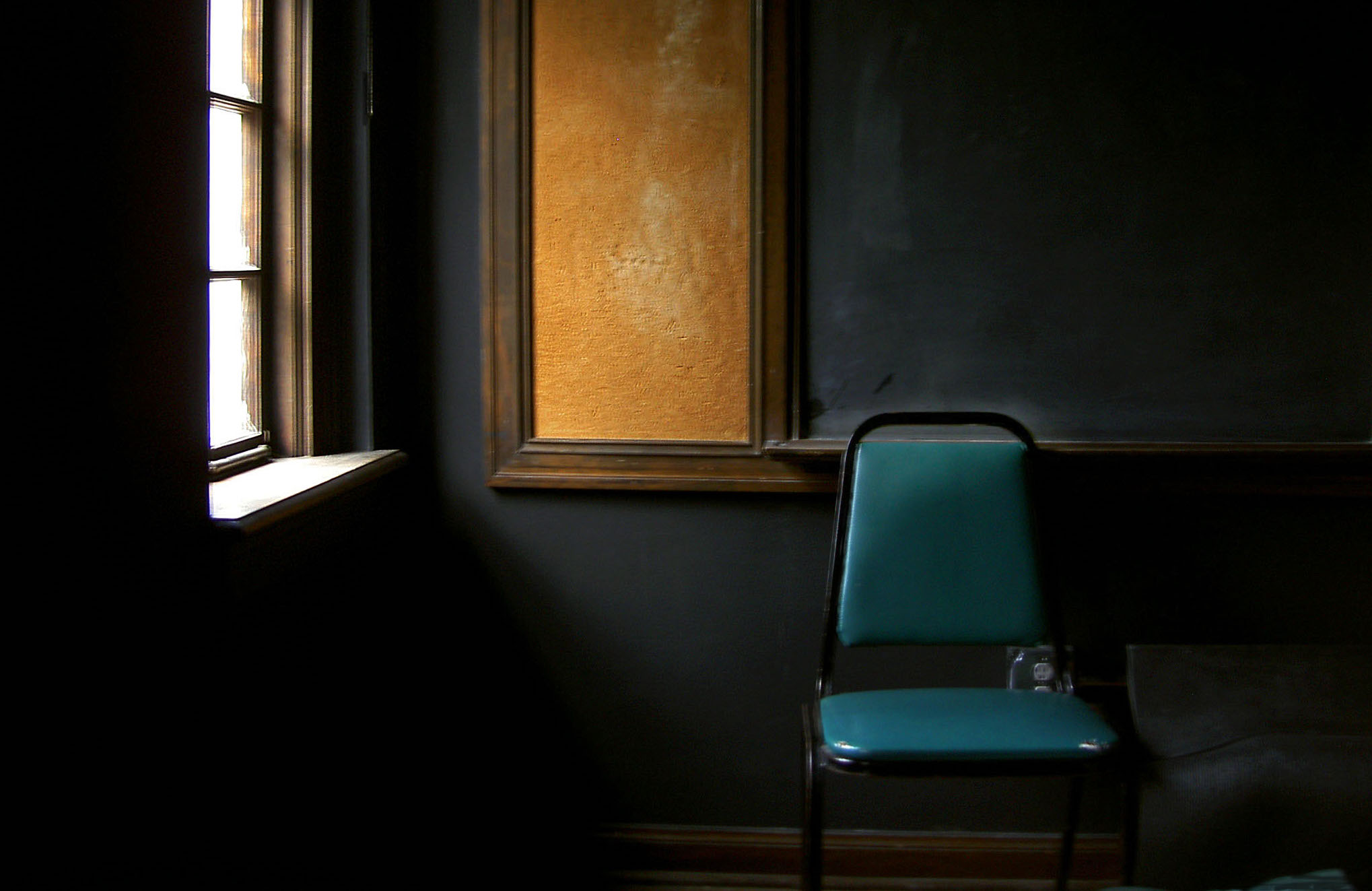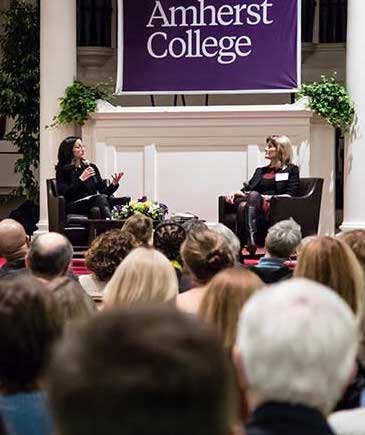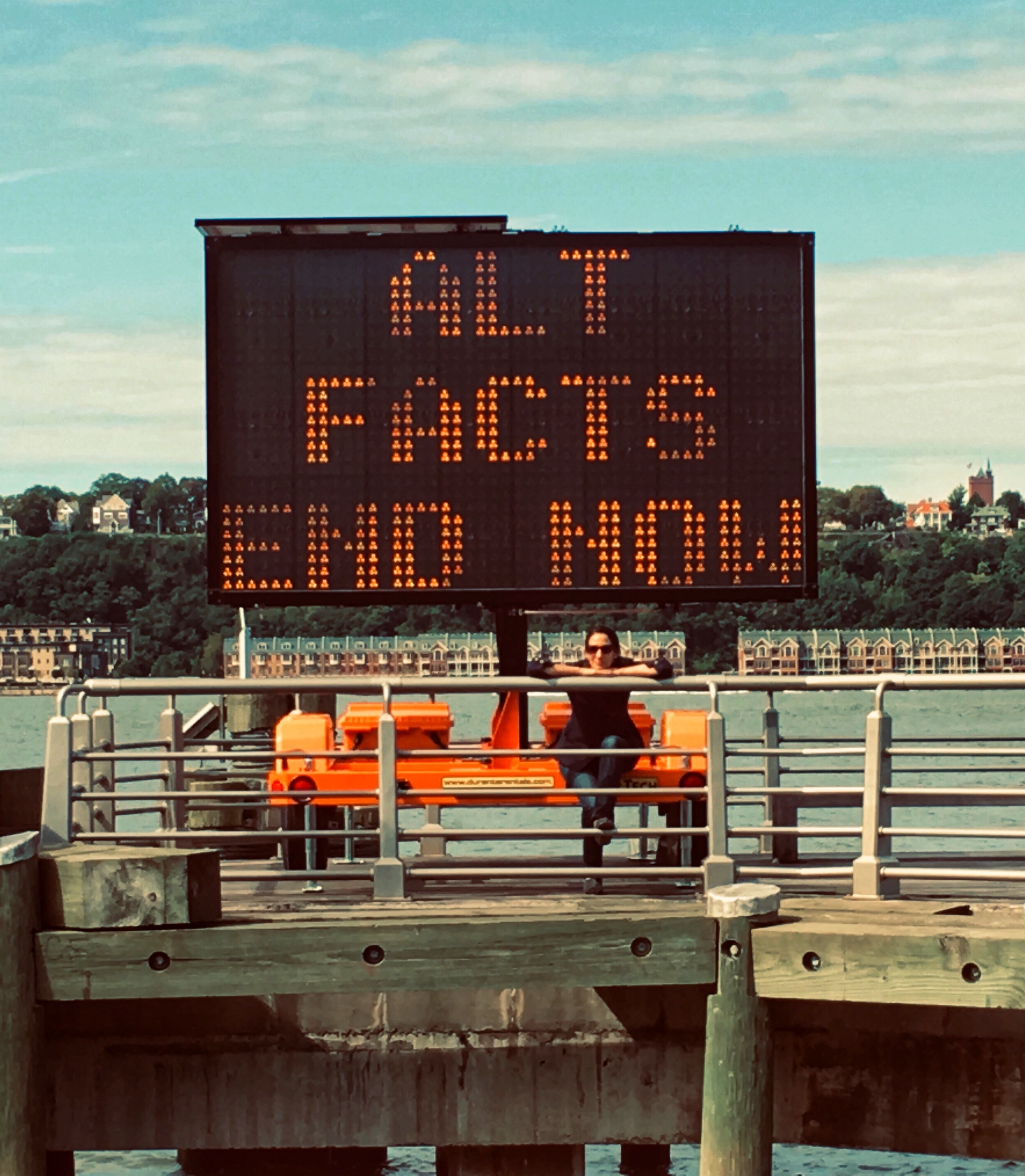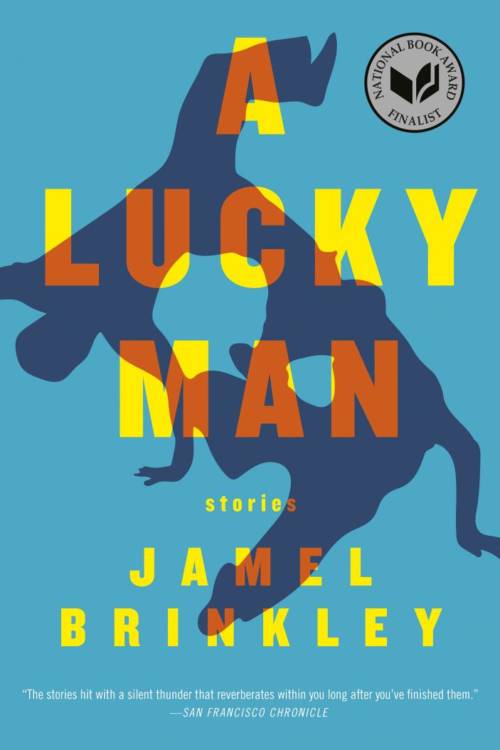This year marks the fourth LitFest, an annual literary festival hosted at Amherst College. From February 2-March 2, students, professors, alumni, and community members came together in Amherst College’s Johnson Chapel to hear National Book Award finalists Jennifer Egan, Brandon Hobson, and Jamel Brinkley speak about their writing processes, what writing means to them, and the purpose of writing. On March 2, Pulitzer Prize-winner Elizabeth Kolbert and NYT-bestselling author Charles C. Mann ’76 had a robust conversation about environmental changes and science journalism. Additional events included author masterclasses, a poetry slam, career panels, and a literary tour of Amherst. LitFest is sponsored by The Common, the Center for Humanistic Inquiry and the Emily Dickinson Museum.
Click here for a full write-up and more photos.



Photos by Jiayi Liu and Matai Curzon ’22.





 Cleveland Hopkins International to LaGuardia, 2018
Cleveland Hopkins International to LaGuardia, 2018








